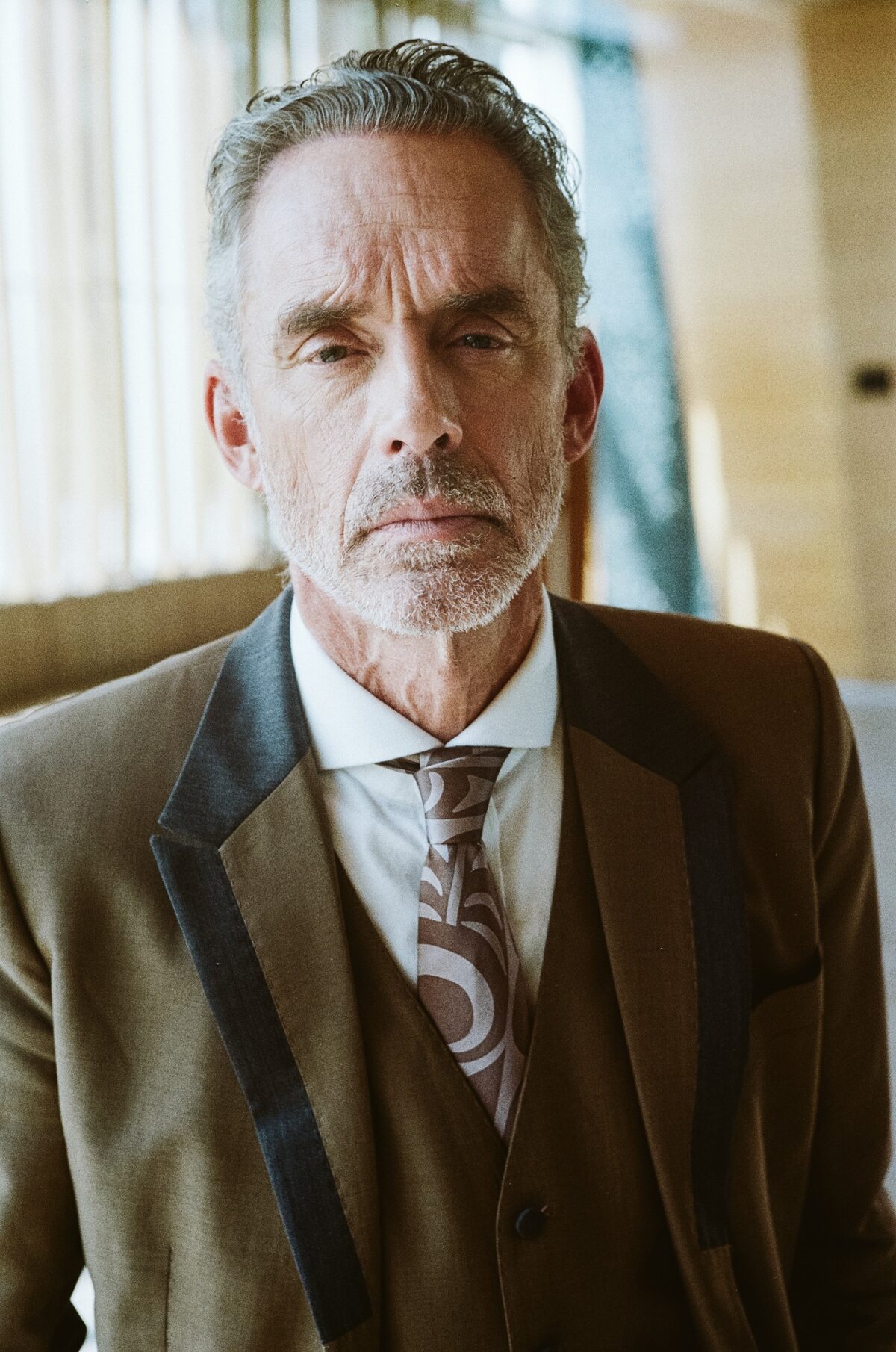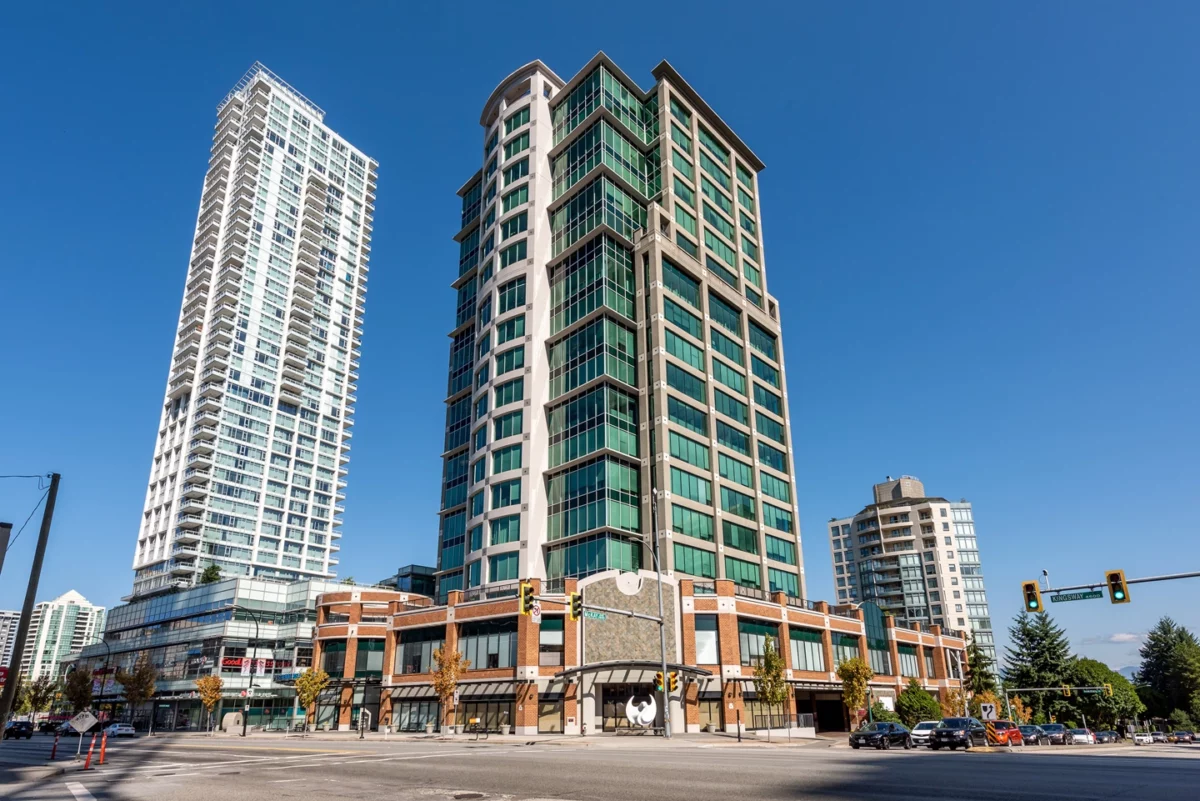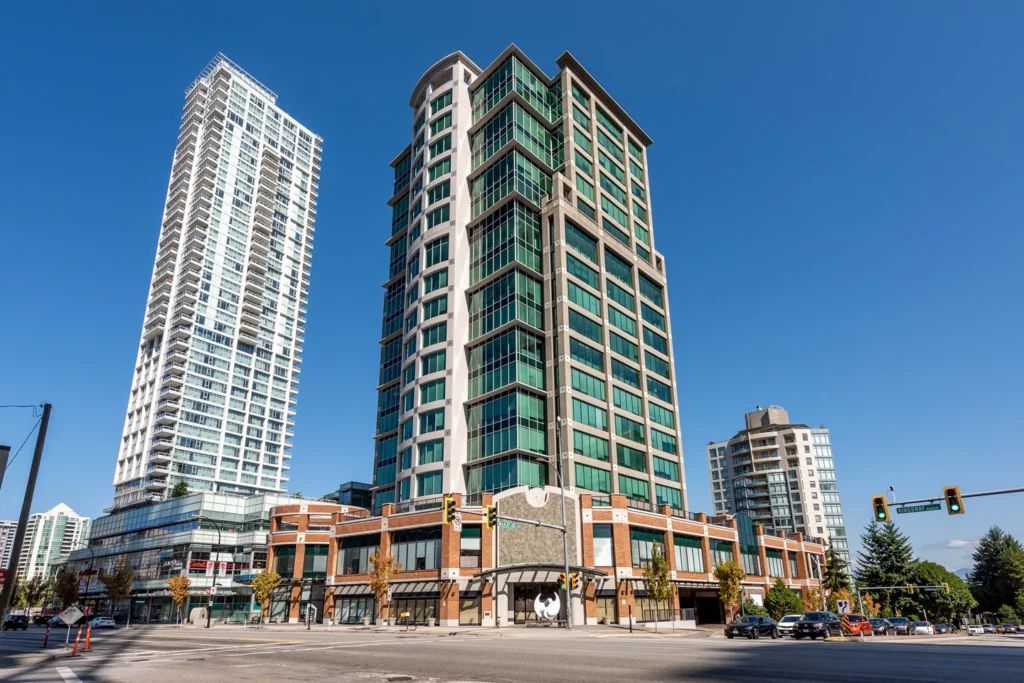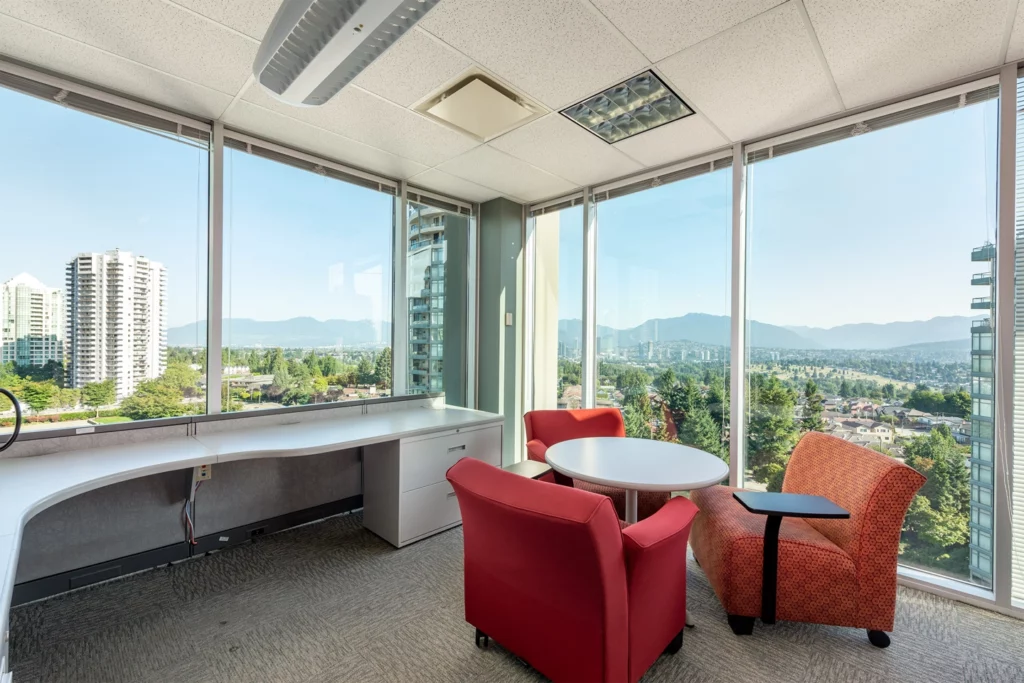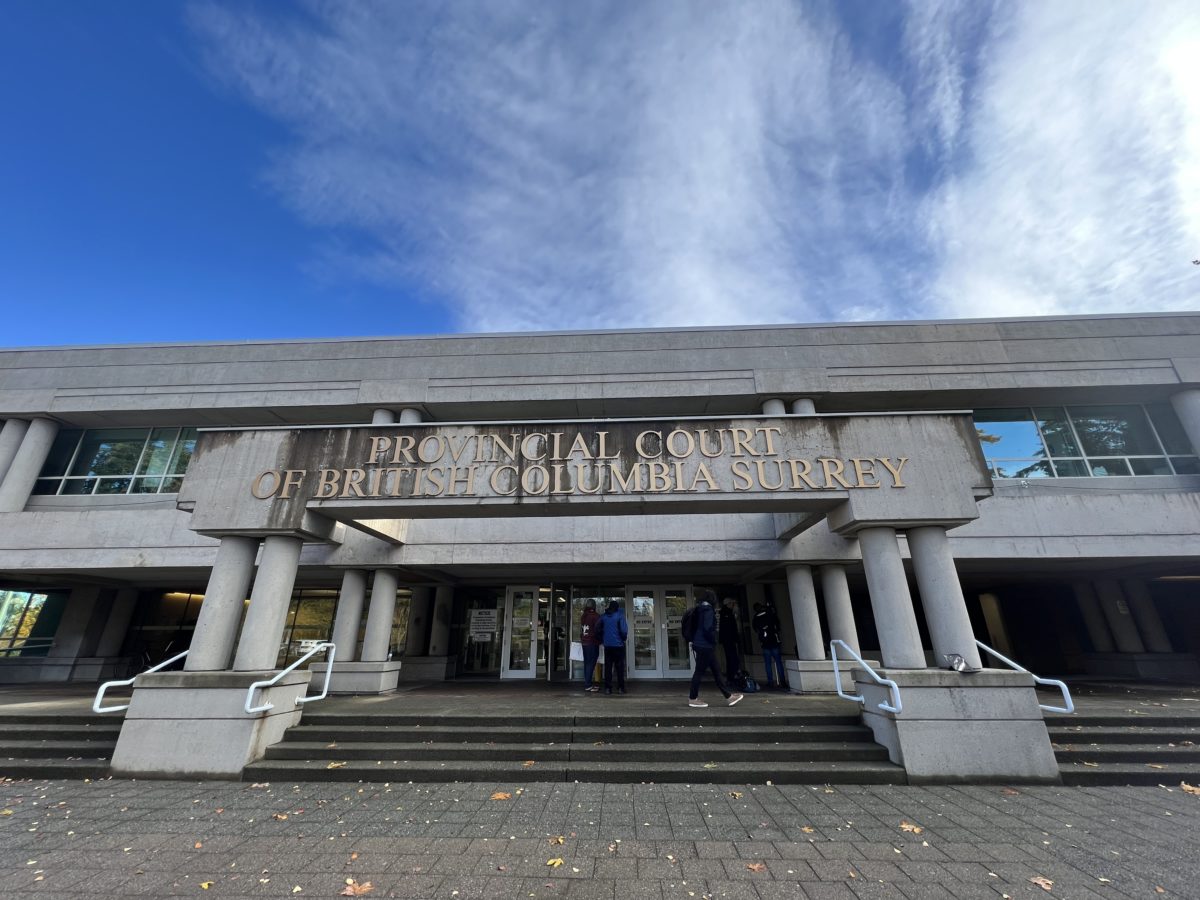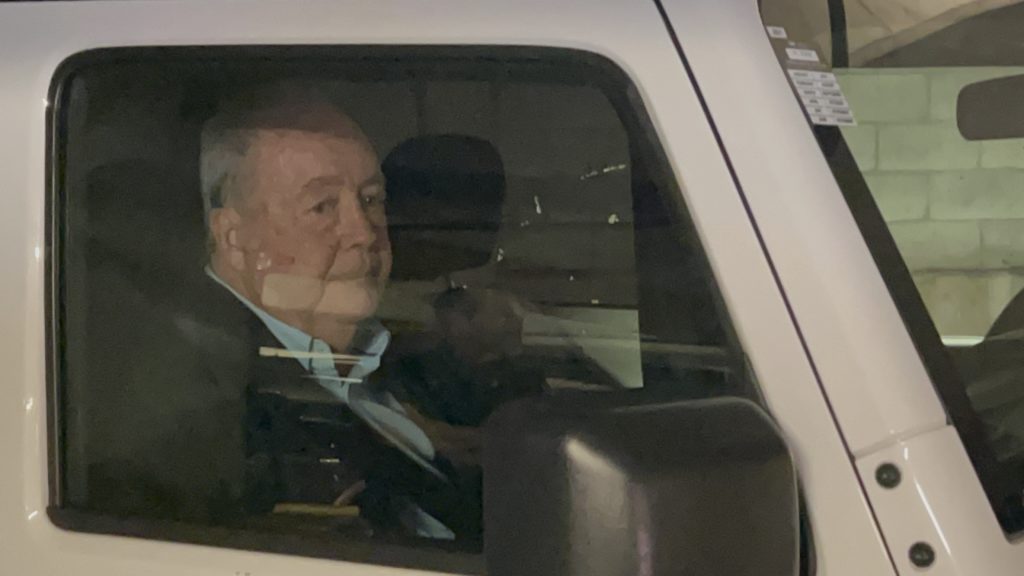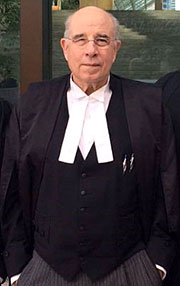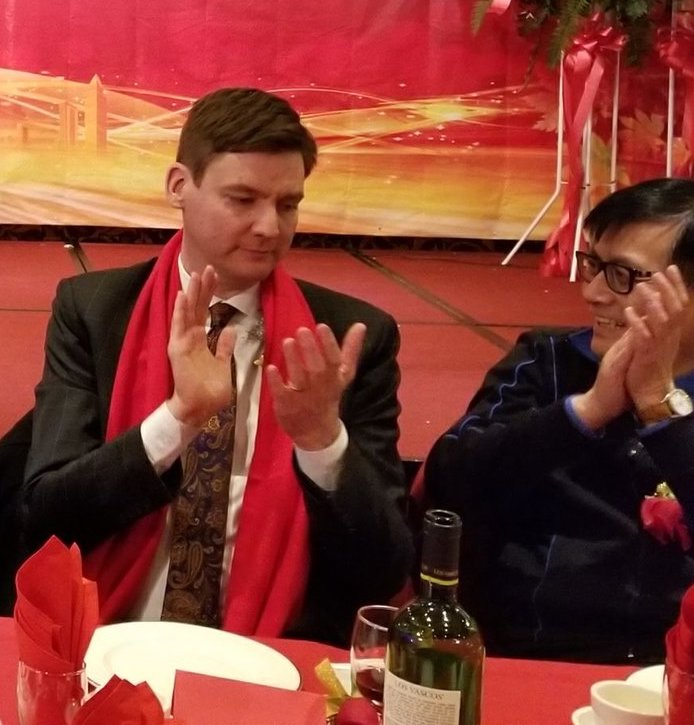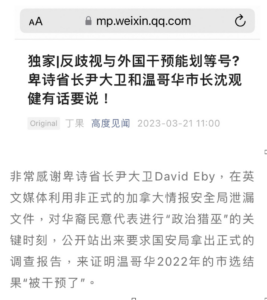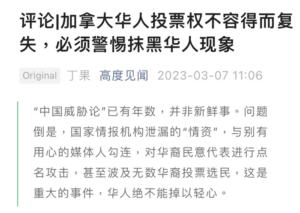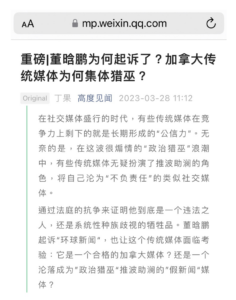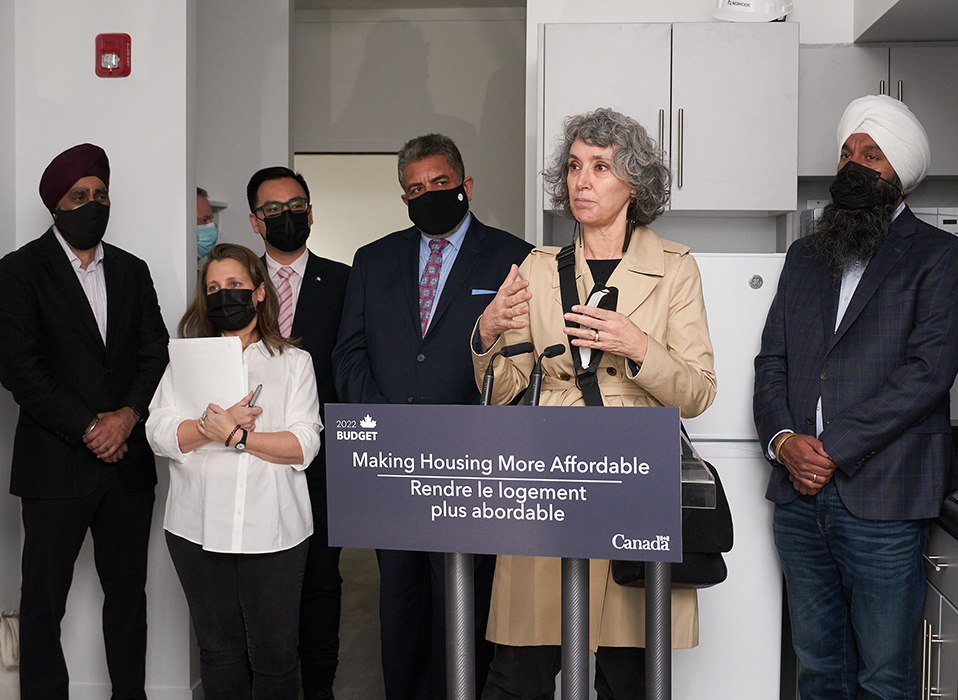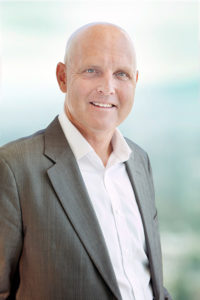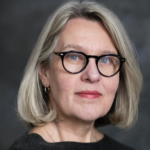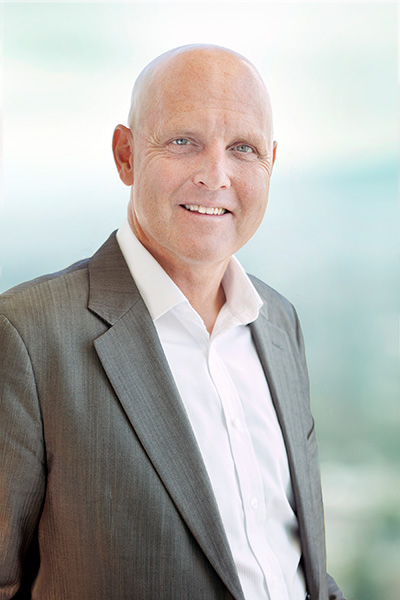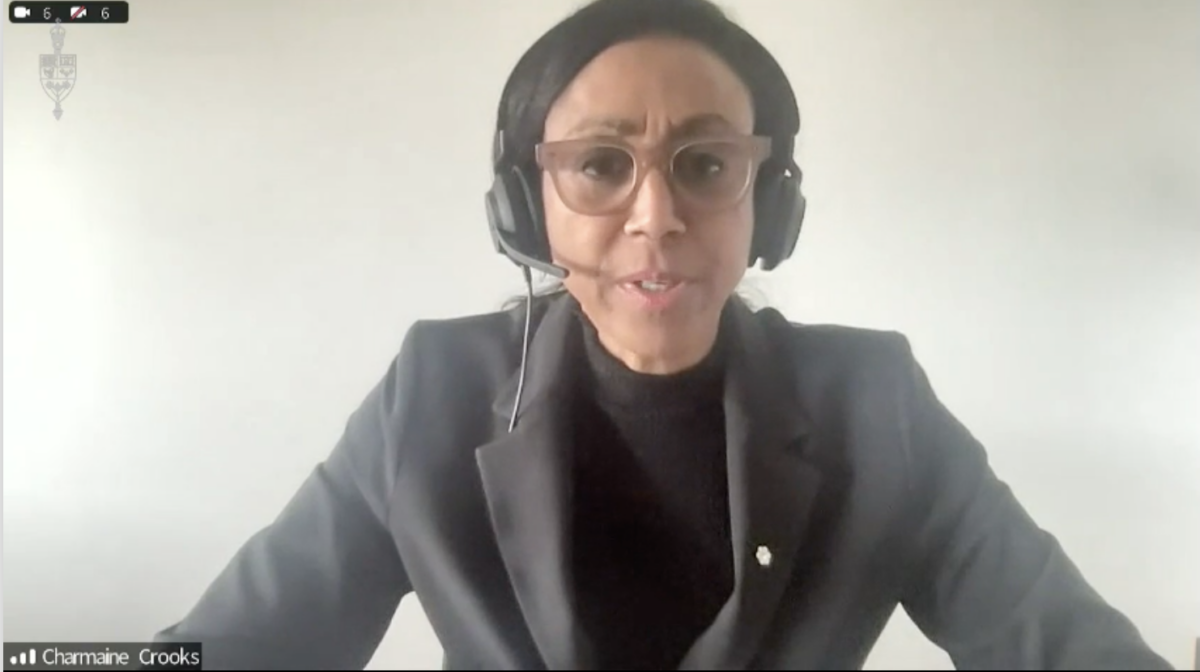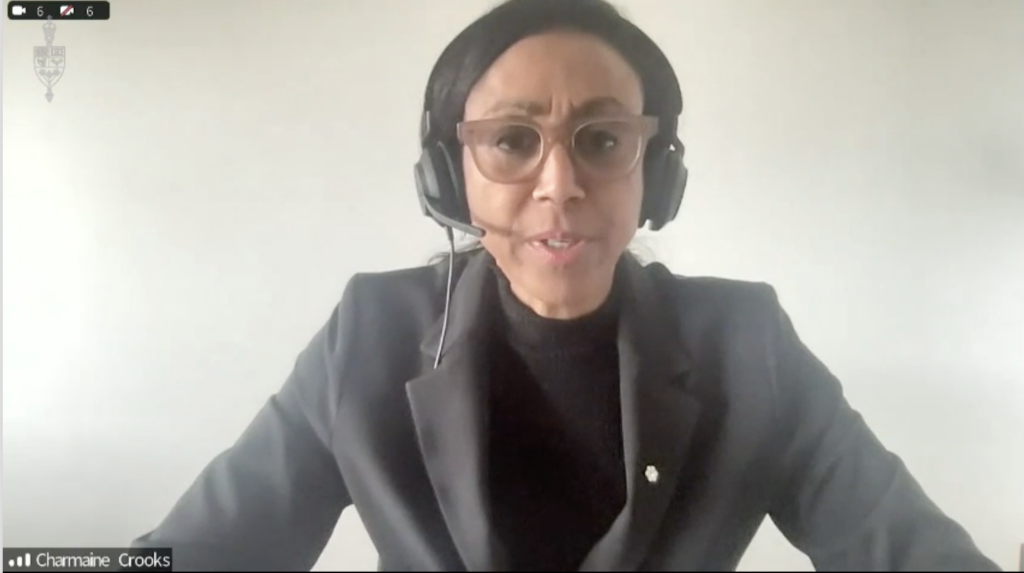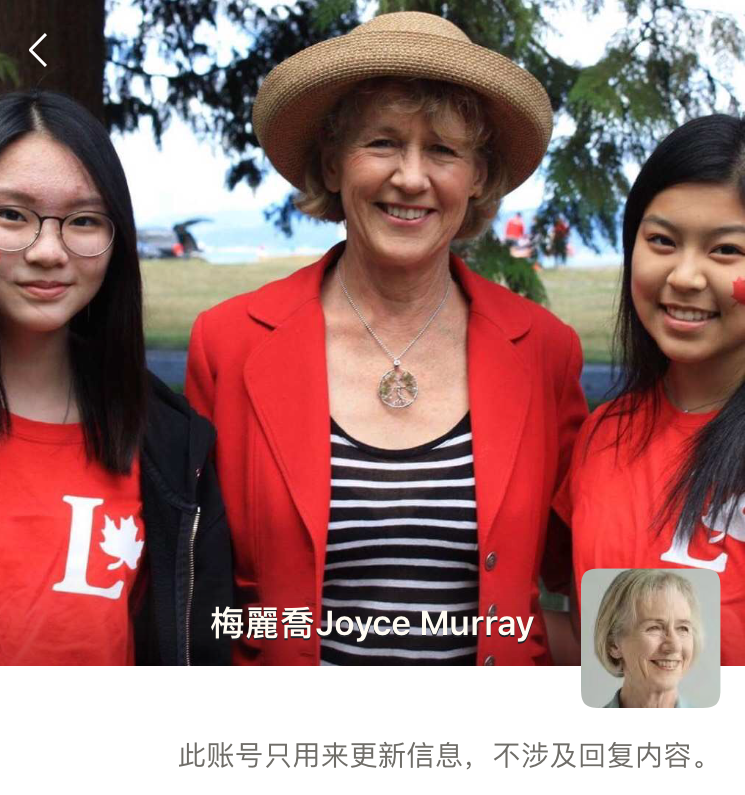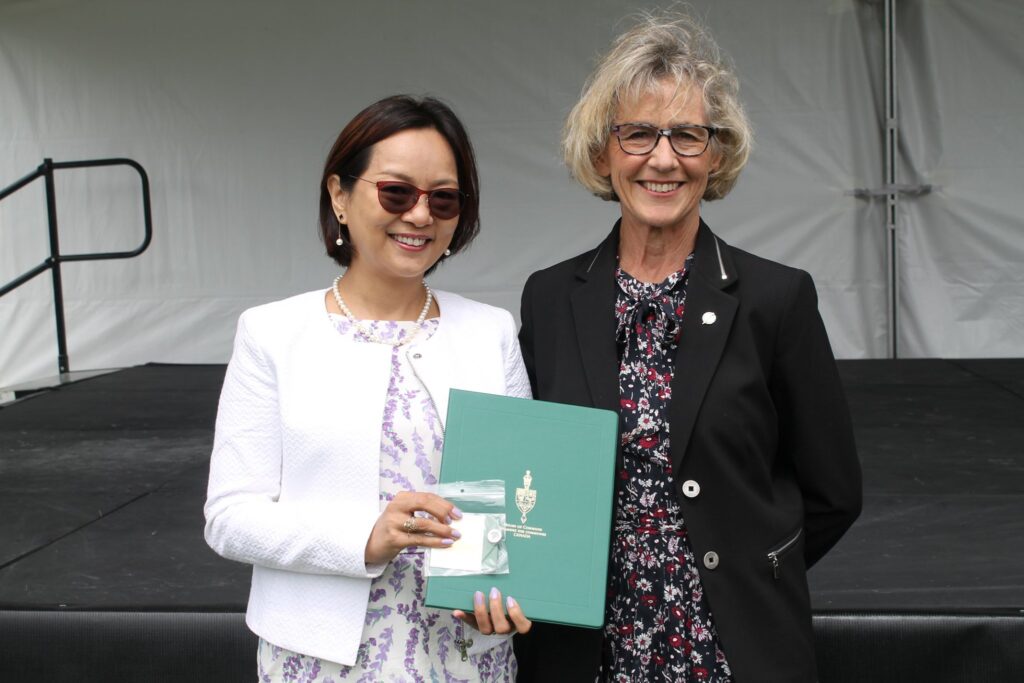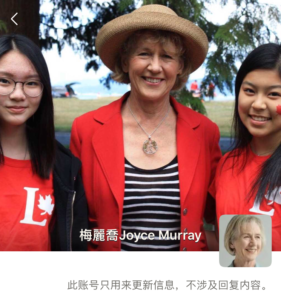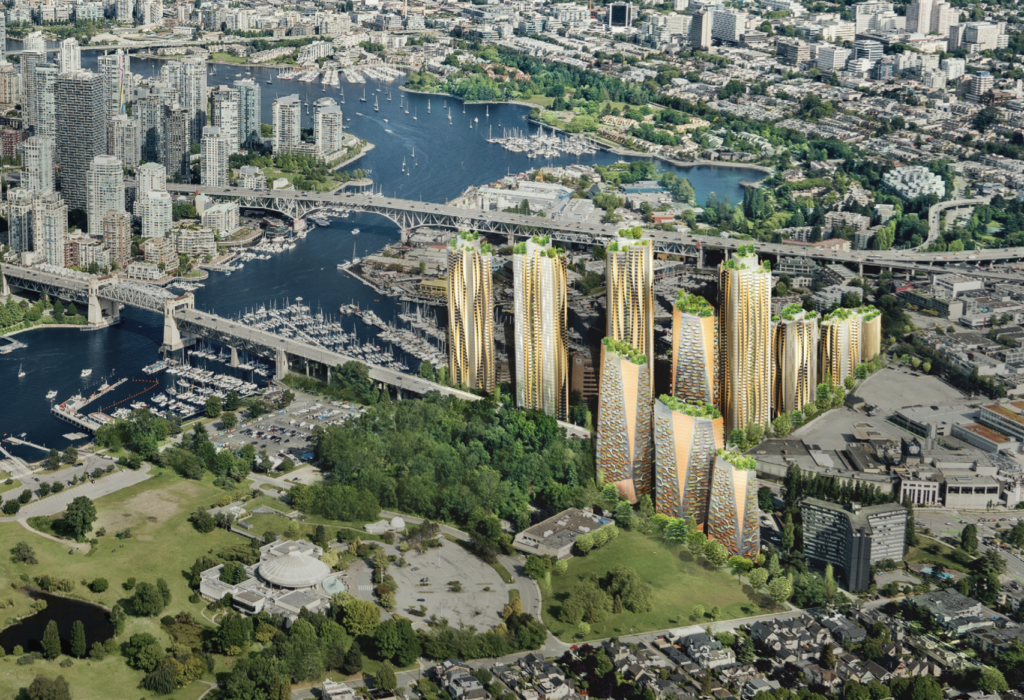University association warns members about Jordan Peterson’s Abbotsford lecture
Bob Mackin
An official with the University of the Fraser Valley’s Faculty and Staff Association (FSA) sounded the alarm in a memo about the May 17 appearance by a polarizing psychology professor at the arena on campus.
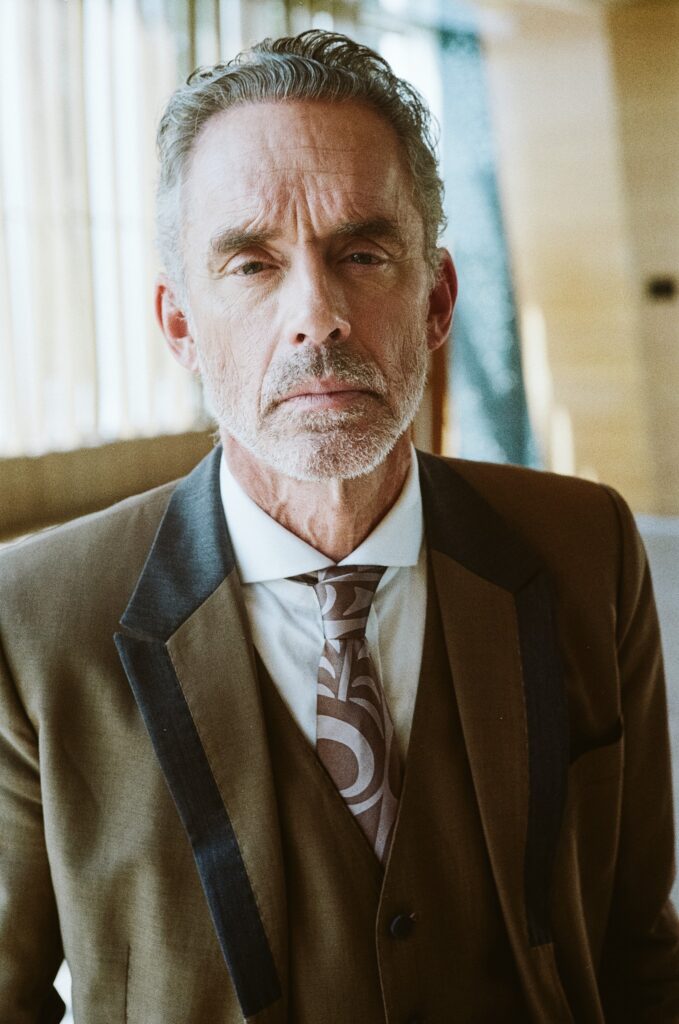
Jordan Peterson (Facebook)
A May 10 bulletin sent by interim president Greg Mather said the FSA “condemns” Jordan Peterson’s lecture at the Abbotsford Centre, part of his “Beyond Order: 12 More Rules for Life Tour.”
Peterson originally sparked controversy when he opposed the Liberal government’s 2017 addition of gender identity and expression to the Canadian Human Rights Code. He has since gained an international following, especially among male conservatives, for his self-help books, interviews and lectures that challenge perceived political correctness.
“While this is by no means a UFV sanctioned event, we are deeply concerned for the holistic safety of our UFV community members to have this speaker so close to our campus doors,” said Mather’s memo. “We understand that the hate that he speaks and promotes causes real harm to people and we want anyone who might be on campus that day to be aware of this event and its impact.”
The bulletin said the FSA met with the university, which is responsible for UFV community safety. It urged members to make students aware of Peterson’s speech and to contact campus security to arrange safety plans.
Peterson is represented by Hollywood’s powerful Creative Artists Agency and concert promoter/ticket seller Live Nation. As of Wednesday, the few tickets that remained were advertised at $162 and up on the Ticketmaster website.
Mather did not respond for comment about whether the association has ever issued a similar bulletin about other events at the 2009-opened venue, which holds 8,500 for concerts.
The Abbotsford Centre has hosted several acts that have, during their careers, courted controversy, such as Slayer (2016), Joe Rogan (2018), Cheech and Chong (2019) and Megadeth (April).
However, the chief of staff for the university president’s office said “UFV has not experienced any incidents of note related to events at the Abbotsford Centre.”
“UFV has communicated with students, faculty, and staff, making them aware of the event – which is not affiliated with the university – and the anticipated increase in traffic and crowds near our Abbotsford campus,” said Christina Forcier. “As always, members of the university community can contact safety and security in advance of the event for Safewalk services or support from UFV safety and security.”
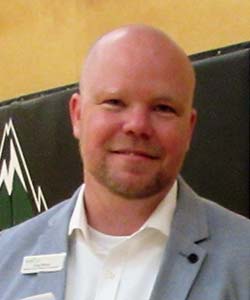
Greg Mather (UFV)
Abbotsford Police Department public information officer Scott McClure said the force would deploy officers in the same manner as any other event at the home of the Abbotsford Canucks.
“I am not aware of any specific incidents regarding the University of the Fraser Valley and the Abbotsford Centre, however their close proximity to one another might be part of the reason they may take their own precautions,” McClure said.
Peterson appeared at the Queen Elizabeth Theatre in Vancouver on Feb. 21. Two months before the event, city council received a memo from Sandra Singh, general manager of the department that oversees civic theatres, that said Live Nation would be reminded of its contractual obligation to comply with the Criminal Code and B.C. Human Rights Code.
In a Wednesday statement from the Vancouver city hall communications department, neither Peterson nor the promoter infringed the Queen Elizabeth Theatre licence agreement “to the best of our knowledge.”
“The event was conducted in accordance with our policies and expectations, and in compliance with both the Criminal Code and the Human Rights Code,” according to Vancouver city hall.
Future bookings by any performer, including Peterson, will be evaluated to ensure compliance with civic guidelines and legal requirements, it said.
The biggest controversy to emerge from the event was Peterson’s commentary about a City of Vancouver’s Greenest City 2020 decal on a paper towel dispenser in the theatre that said: “Remember you don’t need an arm’s length of paper towel to dry your hands.”
“Up yours, woke moralists,” Peterson Tweeted. “Tyranny is always petty — and petty tyranny will not save the planet. Why does this bother me? Because (1) it’s celebrated (2) it’s everywhere and (3) people are wilfully blind to it.”
Peterson is scheduled to appear May 19 at the sold out Save-On-Foods Memorial Centre in Victoria.
After tickets went on sale in February, local drag performer Eddi “Licious” Wilson launched an online petition to convince the venue and/or city council to cancel the event, calling Peterson an “angry, divisive, hateful person.”
As of May 17, the petition had attracted 2,669 supporters toward its goal of 5,000. The arena holds 9,000 in its concert configuration.
Support theBreaker.news for as low as $2 a month on Patreon. Find out how. Click here.
Bob Mackin An official with the University of






